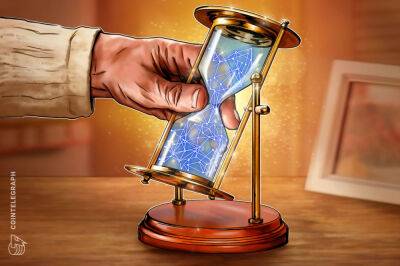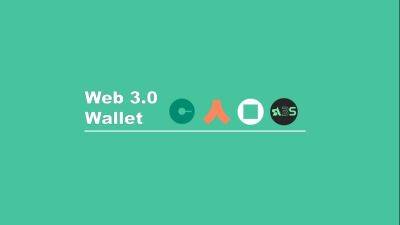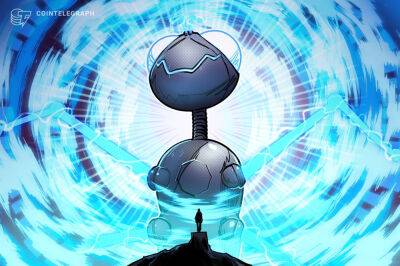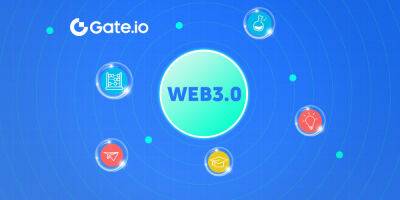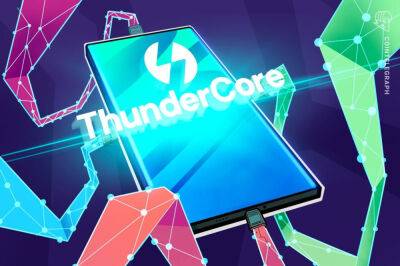Chainalysis Finds Ownerships of Web3 DAOs Are Not Actually Decentralized
Chainalysis published a research study showing that although decentralized autonomous organizations (DAOs) have emerged as the future of decentralized corporate governance, there have been several weaknesses in their functioning.
According to the study, DAOs form the cornerstone of many blockchain and Web3 projects. Internet-native and blockchain-based, DAOs are intended to offer a new, democratized management structure for businesses, projects, and communities, in which any member can vote on organizational decisions just by buying into the project.
Concentrated Voting Power
However, the latest report by Chainalysis indicated although the process in which DAOs work is normally described as a way to decentralize power, ownerships of DAOs are highly concentrated.
Chainalysis analyzed the functioning of ten major DAO projects and found some clear details that DAOs are not as decentralized as intended to be. The voting power in DAOs has been largely concentrated, the study revealed.
On average, less than 1% of all the members have accumulated more than 90% of all the voting power. In other words, less than 1% of all members in major DAOs have 90% voting power.
This means that a high amount of power has been concentrated in the hands of a selected few founder members, an issue that DAOs were supposed to solve. This is an undemocratic scenario whereby a few individuals (about 1% of all token holders) could outvote any decision of the remaining 99% holders.
Apart from that, the report also noted that the high requirements on users proposing a vote also go against the principle of decentralization.
After analyzing ten major DAOs’ governance structures, Chainalysis found that: 1) A user must hold between 0.1% and 1% of the
Read more on blockchain.news


